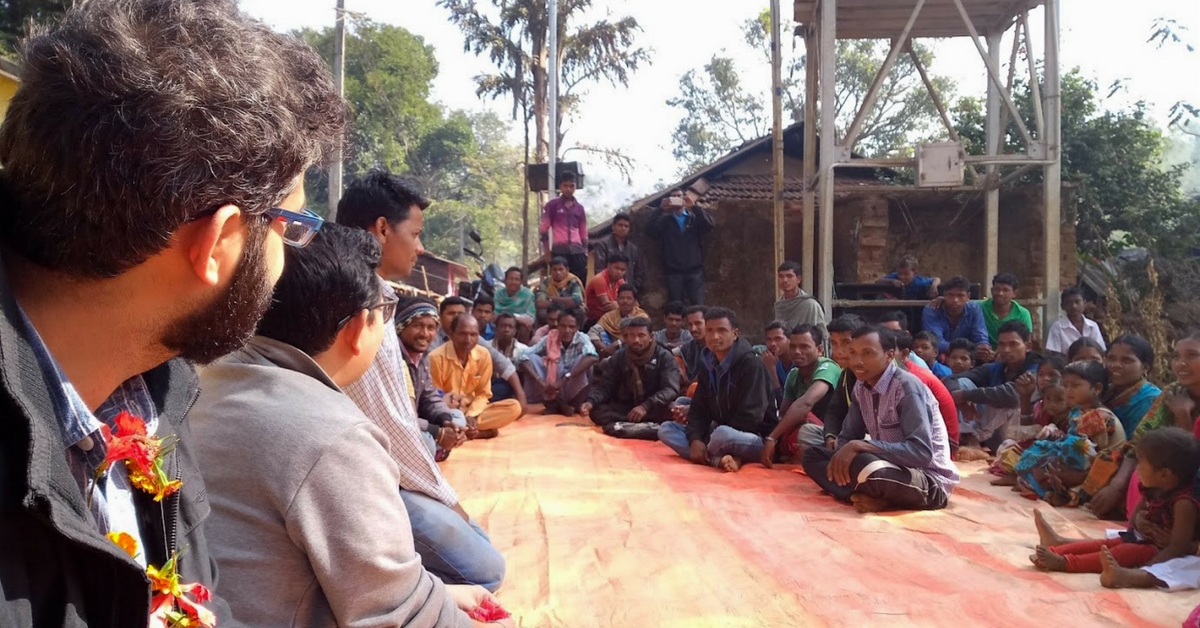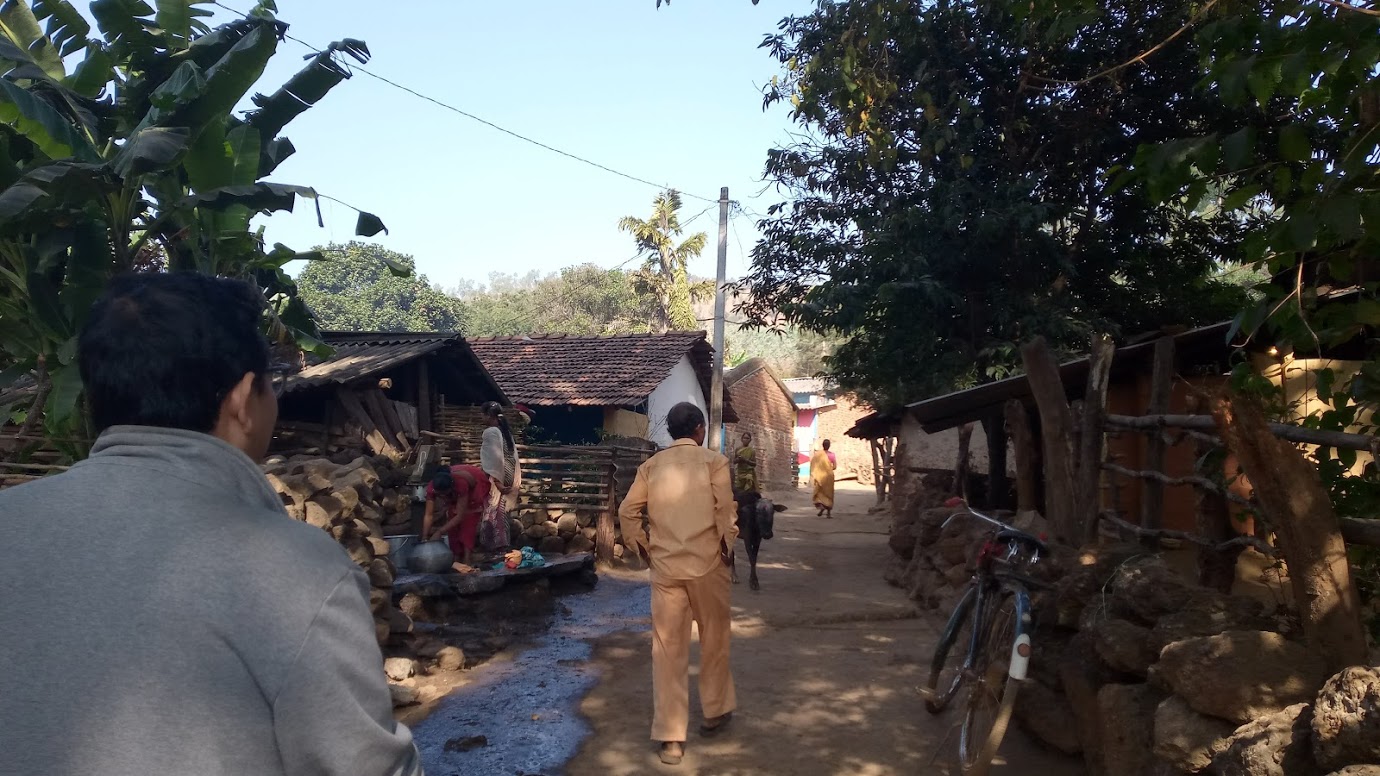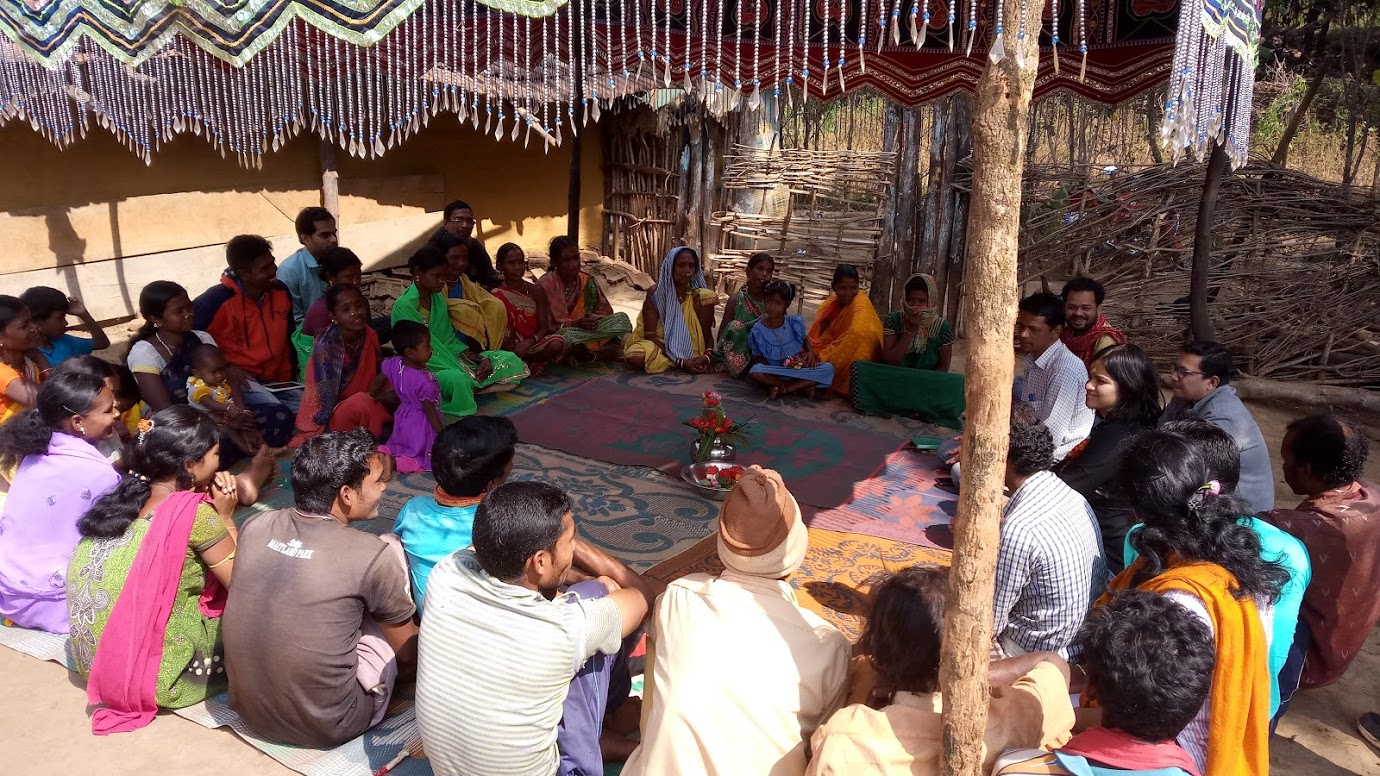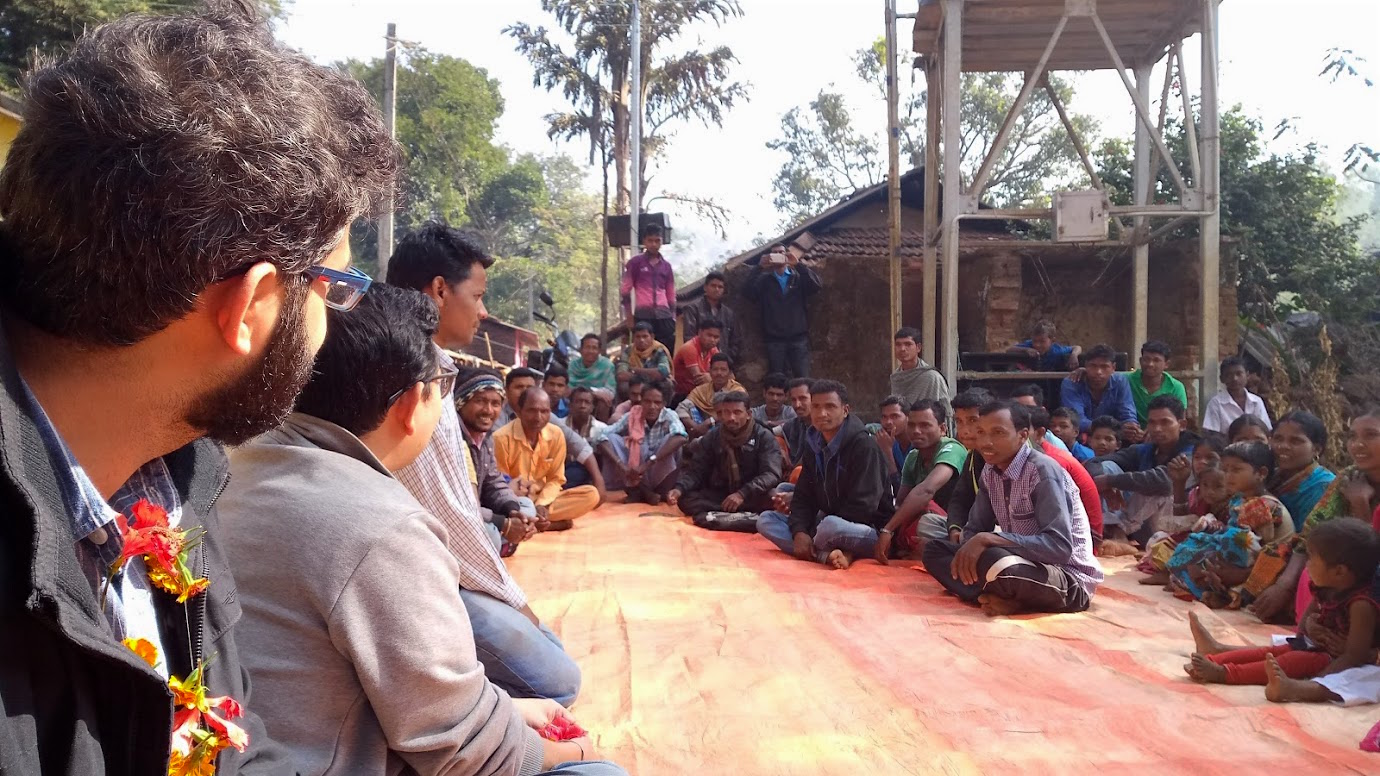TBI Blogs: How Do You Use Data to Help Decision-Makers Govern More Effectively? This Fellowship Has the Answer!
Making informed decisions in governance becomes easier with access to accurate and easily understandable data. Richa Verma writes about how a new Fellowship hopes to enable entrepreneurs to make such data-driven decision-making easier and common.

Making informed decisions in governance becomes easier with access to accurate and easily understandable data. Richa Verma writes about how a new Fellowship hopes to enable entrepreneurs to make such data-driven decision-making easier and common.
The Guardian Minister is scheduled to arrive just shy of midnight, at 11:30 PM. The Collector told us about the Minister’s visit earlier that day, and we’ve now been waiting four hours to show him our village development dashboard. At 11:30 PM, the door of the newly renovated conference room opens. Suddenly, we see a swarm of people flooding in the door, 10 times the size the room can accommodate.
Despite the late hour, more than 200 people came to speak to the Minister about their issues. One hour filled with many happy faces walking by later, we hear, “Bhau sodoon aahe! (The Minister is leaving!)” The OSD (Officer on Special Duty) to the Minister comes running, telling us that we need to enter now to show the dashboard, or “Bhau” will leave.
10 minutes later, in a fully crowded room, I set up my laptop to present the dashboard on a color-inconsistent projector, hoping that red will look red and green will look green. The Minister looks at the dashboard, and he immediately says, “Take me to that village on your dashboard. Show me whether there is a school or not.”
Then he asks to see another village and peppers me with questions. How many people are employed there? How many children go to school, and how many are girls? “We should ensure that these gaps are filled,” the Guardian Minister says, looking at the District Collector. “He atishay upyukt aahe. Aap ise istemaal kyon nahin karte? (This is very useful. Why don’t you use it?)”
Experiences like these, and an uncountable number of meetings with ministers, joint secretaries, and district collectors have convinced us of one thing—if data is taken to the decision-makers at the right time, they will use it. But how can we make sure this data is available when decision-makers most need it?
How can we help decision-makers use data regularly to drive large-scale impact?
We launched the Data For Impact Fellowship to bring together some of the most enterprising people in India who are passionate about driving impact. Their goal—create scalable solutions to help make government decisions more data-driven.
The problem of data-driven decision-making is quite complex. Some people see it as a data and technology problem, while others see it as a problem of capacity building. Some try to use data analytics to create planning and monitoring systems to bring about data-driven decision-making, while others feel that implementing tech products will drive better decisions. We think it’s a little of all of these things. In a nut shell:
Data-driven decision-making = f (data, technology, understanding the decision-makers, decision-makers’ motivations and knowledge, etc.)
There is a cycle in common with all of these solutions—conceptualize, try, assess, and repeat. Ideally, this process repeats until you arrive at a solution that solves that individual problem, and also solves similar problems once and for all. That’s exactly what we want our fellows to do — be entrepreneurs in creating scalable solutions to help decision-makers across the Indian Government become data-driven. In fact, that’s the spirit with which our Policy and Governance Managers approach our deployments.
We understand the decision-makers’ problems, create multiple solutions, and gather feedback and data to see which works best.

Here’s an example. The Ministry of Petroleum & Natural Gas asked us to help them figure out where to open 10,000 new LPG distribution centres, to target 50 million Below Poverty Line women across India. We decided to create a geo-clustering algorithm to figure out the best location for a new LPG distribution center in each district. However, we didn’t want to create an algorithm to just solve this problem. We wanted to solve it scalably, building a process that we could also use for opening new schools, ration shops, and other community service points.
Once we created our initial algorithm, we sat with senior bureaucrats and ministers for several Sunday afternoons, clicking on every village to understand whether the locations predicted by our algorithm made sense or not. We got feedback, re-worked our algorithm, and kept going through more rounds of feedback. Once the senior bureaucrats approved, we also got feedback from state teams and other decision-makers to double-check that our methodology worked. Now we have a complete algorithm that will be used to open new LPG centres.
Plus, we also know how to solve any other targeted problem with geo-clustering algorithms.

The Fellowship is a platform for all entrepreneurs who believe in the power of data and technology for solving some of the world’s most critical problems. Our Fellows will be creating solutions that actually help decision-makers across Governments, all with a focus on iteration and scalability.
A Fellow might be figuring out how to collect better data with existing government machinery, analyzing the most untouched government data sets to draw out the most useful insights, or working in a district directly to help even the lowest-level officials use data regularly. Every Fellow will pick up the problems that he/she is most passionate about and solve it in the most scalable, effective way possible.
SocialCops will act as a support network for the Fellows, opening up our existing deployments and network of government officials, partners, and experts for knowledge and help. We will also kick-start their learnings and growth with workshops by experts, and access to tech and data knowledge.
(The author is the Resident Entrepreneur at SocialCops — a data intelligence company.)
Originally published at SocialCops. The Data for Impact Fellowship will create sustainable solutions for better governance. It also aims to train leaders with deep on-ground expertise and a knack for solving the sector’s problems. Are you game? Learn more or apply here.
Like this story? Or have something to share? Write to us: [email protected], or connect with us on Facebook and Twitter.
NEW: Click here to get positive news on WhatsApp!
If you found our stories insightful, informative, or even just enjoyable, we invite you to consider making a voluntary payment to support the work we do at The Better India. Your contribution helps us continue producing quality content that educates, inspires, and drives positive change.
Choose one of the payment options below for your contribution-
By paying for the stories you value, you directly contribute to sustaining our efforts focused on making a difference in the world. Together, let’s ensure that impactful stories continue to be told and shared, enriching lives and communities alike.
Thank you for your support. Here are some frequently asked questions you might find helpful to know why you are contributing?


This story made me
-
97
-
121
-
89
-
167














